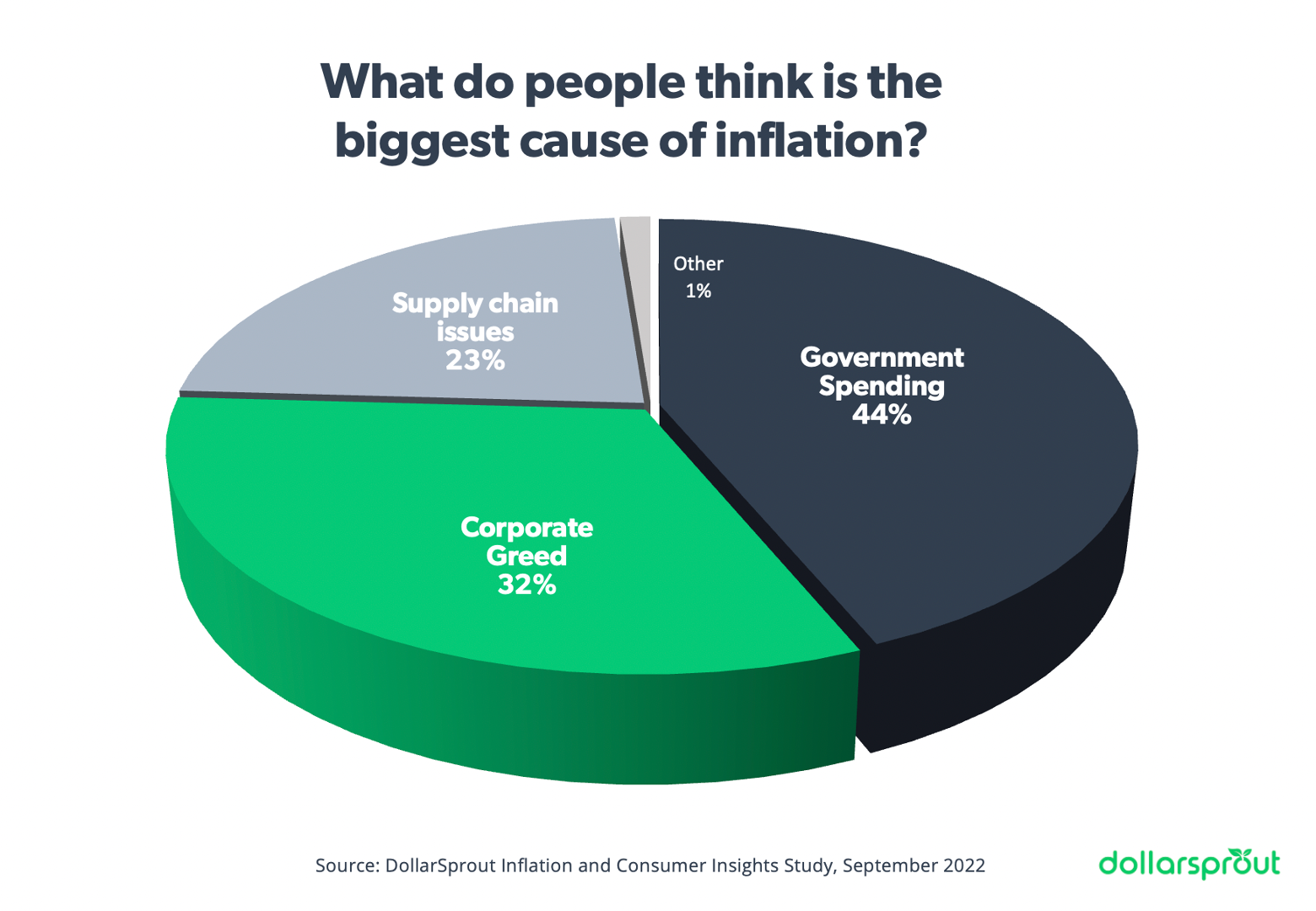

In a landscape where inflation has become a central economic narrative, the disparity between the expected effect of inflation on prices and the actual price increases seen in various sectors has sparked a heated debate about corporate practices.
While inflation certainly plays a role in driving up costs, the extent to which companies have raised prices has led many to question whether these adjustments are required solely by economic conditions or whether they also reflect an attempt to capitalize on the situation, thereby contributing to corporate bottom lines.
The Consumer Price Index (CPI), a measure that reflects the average change over time in the prices urban consumers pay for a basket of consumer goods and services, has risen 5.4% over the past year, the US Bureau of Labor Statistics.[1] This statistic is a clear indication of the inflationary pressures facing consumers.
But the corporate backlash, which in many cases has involved price increases far beyond what inflation alone would justify, has led to accusations of corporate greed.

The stress that financial worries give individuals is significant, with 64% of adults citing money as a source of stress, according to the American Psychological Association.[2] This anxiety is exacerbated by the perception that price increases are not always a direct result of increased costs but a strategic choice by companies to boost profits.
Related: 15 Expert Tips to Beat Inflation
Consumer behavior reflects growing awareness of and dissatisfaction with this trend. A survey by McKinsey & Company revealed that 57% of consumers have switched to cheaper alternatives in immediate response to price increases.[3]
This change highlights the practical steps consumers are taking to mitigate the impact of rising prices on their budgets, demonstrating a direct response to what many perceive as unfair corporate pricing strategies.
The core of consumer frustration lies in the apparent disparity between the rate of inflation and the actual price increases they experience. This difference suggests that while inflation requires some level of price adjustment, the extent of these adjustments often exceeds what would be required simply to offset higher costs, pointing to profit-maximizing strategies that prioritize corporate profits over the well-being of consumers. consumers.
Light at the end of the tunnel
In response to growing consumer sentiment against high prices, several brands have begun to adjust their strategies, signaling a possible shift toward more consumer-friendly pricing.
For example, major retailers like Walmart and Target have announced price cuts on a range of products, from groceries to electronics, to ease financial pressure on shoppers.
This move, aimed at maintaining customer loyalty and staying competitive, shows a wider recognition in the industry of the need to address consumer concerns about affordability. These efforts reflect an emerging trend where businesses are increasingly prioritizing value and sensitivity to consumer budgets in their pricing strategies.
Related: Consumer Survey Reveals Puzzling Answers to Cause of Inflation

